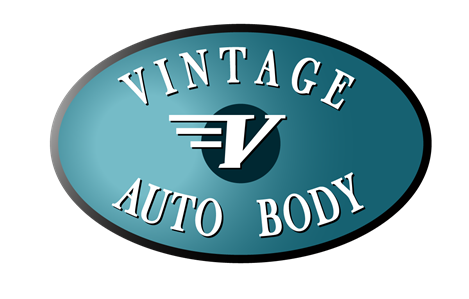Collision Repair Rights
Right to Choose Your Repair Shop:
Insurers can recommend shops, but they must inform you in writing of your right to choose.
You are not obligated to use a specific auto body shop recommended by your insurance company.
You can select any repair facility registered with the Bureau of Automotive Repair (BAR).
Right to a Written Estimate:
Before any repair work begins, you must receive a written, itemized estimate from the repair shop.
The estimate should detail the cost of parts and labor, and clearly state if parts are new, used, aftermarket, or reconditioned.
Right to Approve Repairs:
You have the right to approve or deny any repairs before they are performed.
If additional repairs are needed, the shop must notify you and obtain your authorization before proceeding.
Right to be Informed about Non-OEM Parts:
If a shop plans to use aftermarket (non-OEM) parts, they must inform you and obtain your consent.
The shop must also disclose the type of part (new, used, aftermarket, etc.) on the estimate and invoice.
Your insurer must guarantee that aftermarket parts are equal to or better than OEM parts in terms of quality, safety, fit, and performance, or pay for OEM replacements.
Right to Return Replaced Parts:
You can request the return of any replaced parts from the repair shop.
It's best to make this request when authorizing the repairs.
Right to a Detailed Invoice:
After the repairs are completed, you are entitled to a detailed invoice that includes all work performed and parts used.
ADDITIONAL POINTS
Related Expenses:
Your insurer may also cover expenses like towing, storage, and rental car while your vehicle is being repaired.
Deductible:
Your insurer cannot require you to use a specific repair shop as a condition of waiving your deductible.
